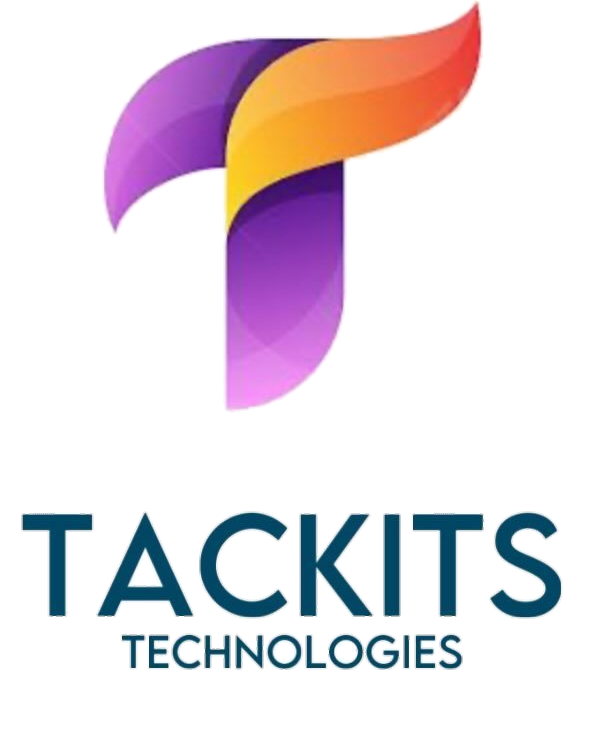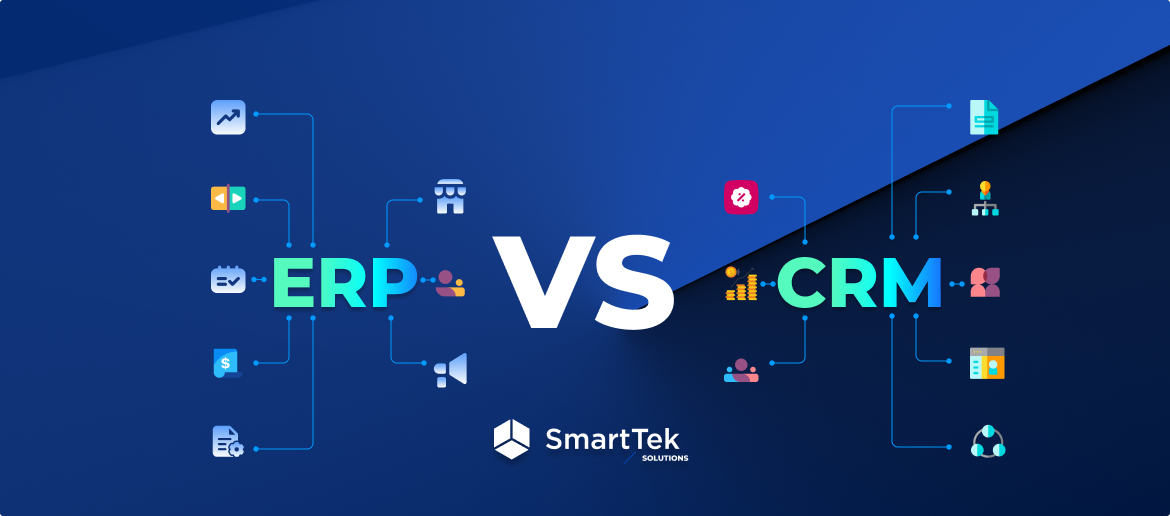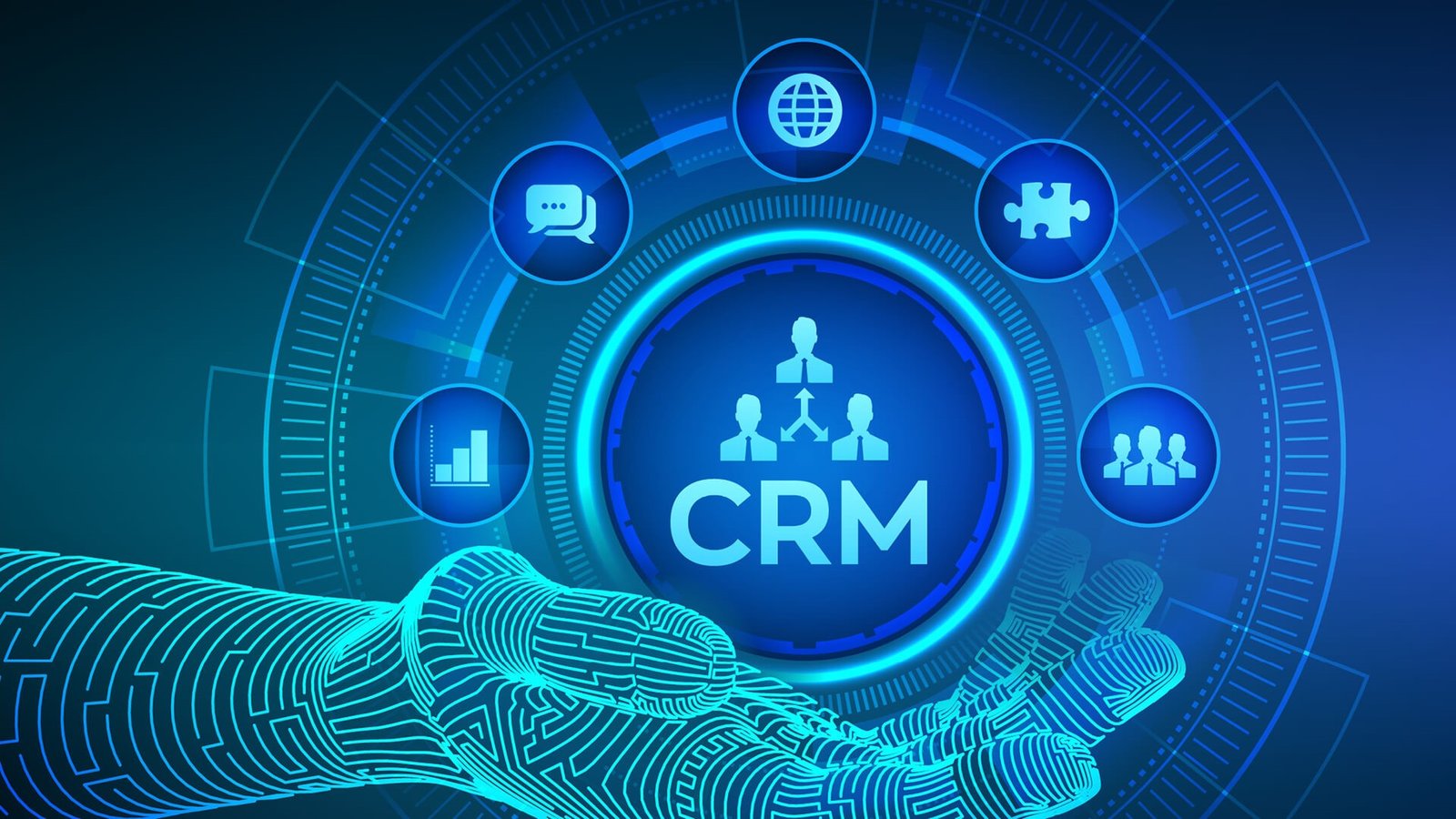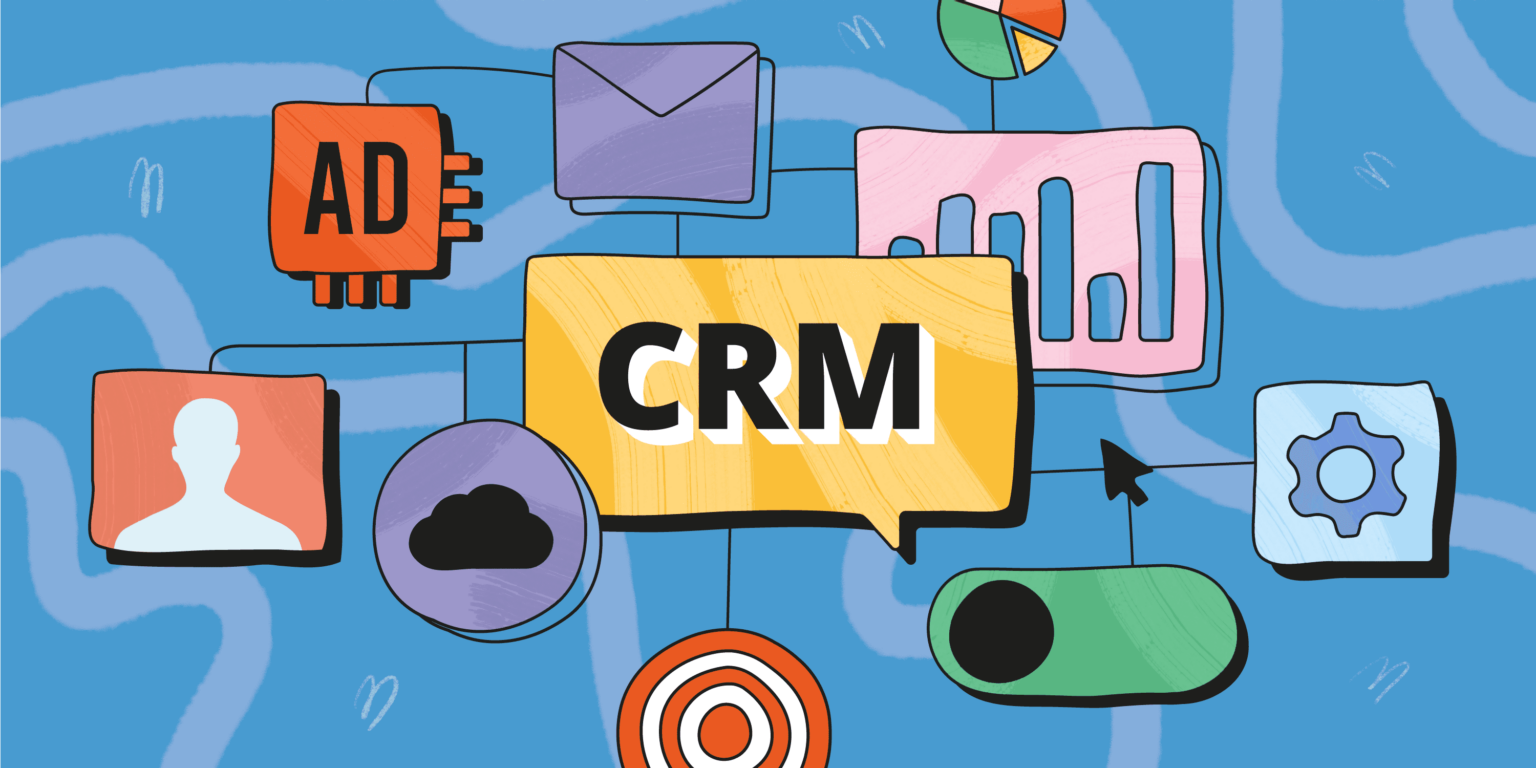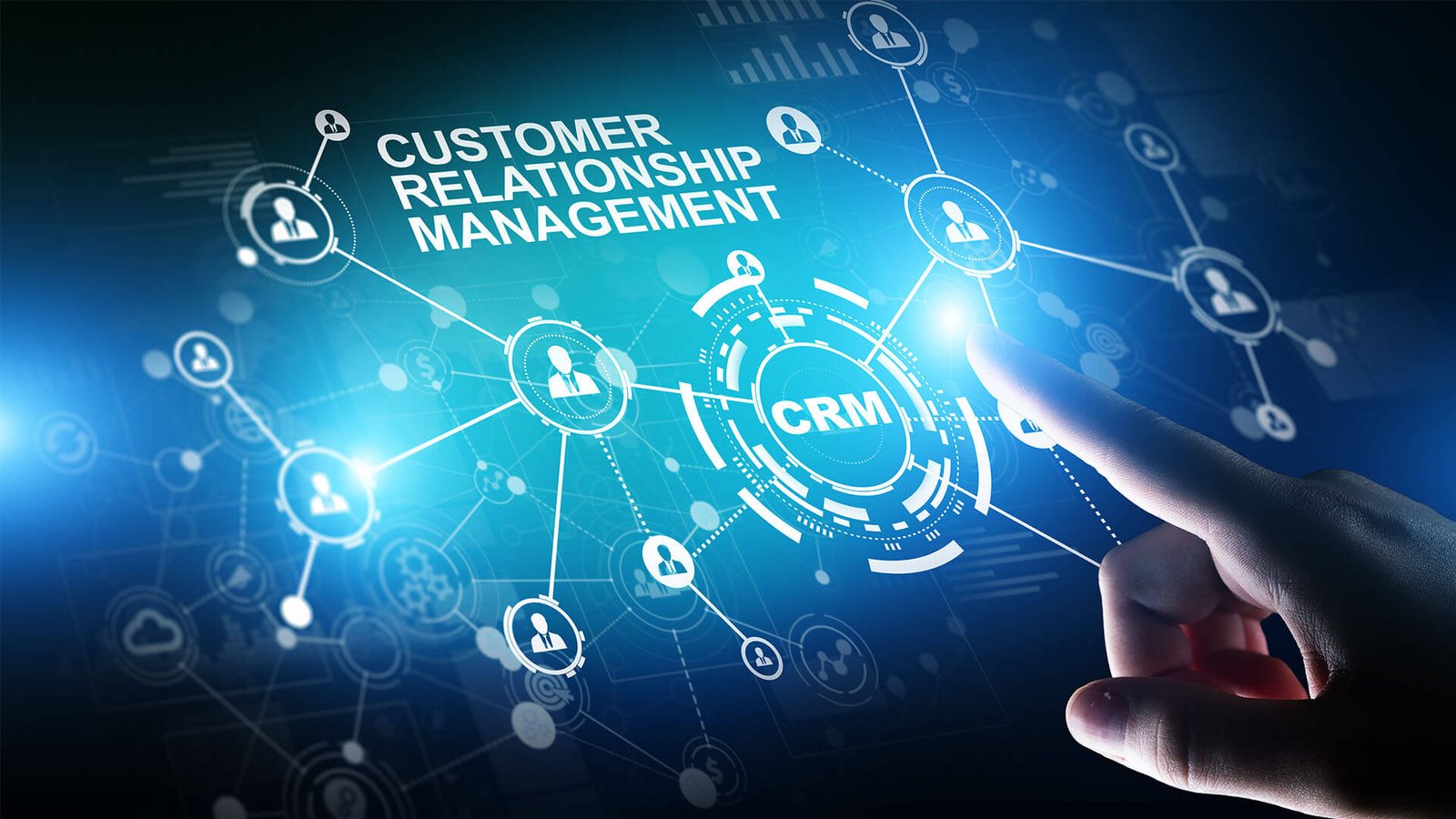⚖️ ERP vs. CRM: Know Their Individual and Combined Strengths
Both ERP (Enterprise Resource Planning) and CRM (Customer Relationship Management) systems are essential tools for managing and growing a business. While they serve different functions, they can work together to provide a 360° view of your operations and customers.
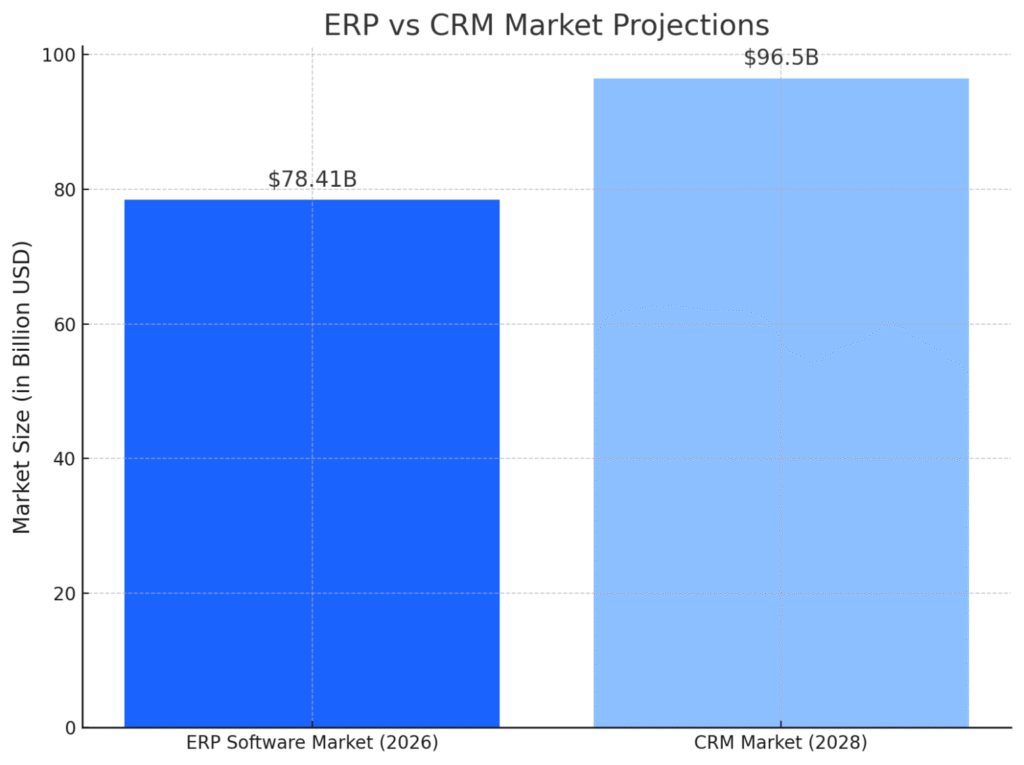
📊 Key Differences at a Glance
| Feature | ERP | CRM |
|---|---|---|
| Primary Focus | Internal operations and resource planning | Customer interactions and sales growth |
| Core Modules | Finance, HR, inventory, supply chain | Sales, marketing, customer service |
| Users | Operations, finance, HR, logistics teams | Sales reps, marketers, customer service |
| Benefits | Efficiency, compliance, cost control | Customer satisfaction, retention, revenue |
| Data Focus | Products, employees, financials | Leads, contacts, accounts, activities |
🤝 How ERP and CRM Work Together
When integrated, ERP + CRM give businesses end-to-end visibility—from customer acquisition to order fulfillment and after-sales service.
🔗 Combined Strengths:
Sales teams can see product availability and pricing in real-time
Finance and operations can forecast based on sales pipelines
Customer support has full visibility of purchase and interaction history
Streamlined quote-to-cash and order-to-delivery workflows
✅ When to Choose One or Both
| Scenario | Recommended System |
|---|---|
| You’re struggling with order fulfillment and inventory | ERP |
| You want to grow your sales and manage leads better | CRM |
| Your business is scaling and needs both internal control and customer focus | ERP + CRM Integration |
🚀 The Bottom Line
ERP makes your business run efficiently.
CRM helps your business grow effectively.
Together, they power a smart, connected enterprise.
